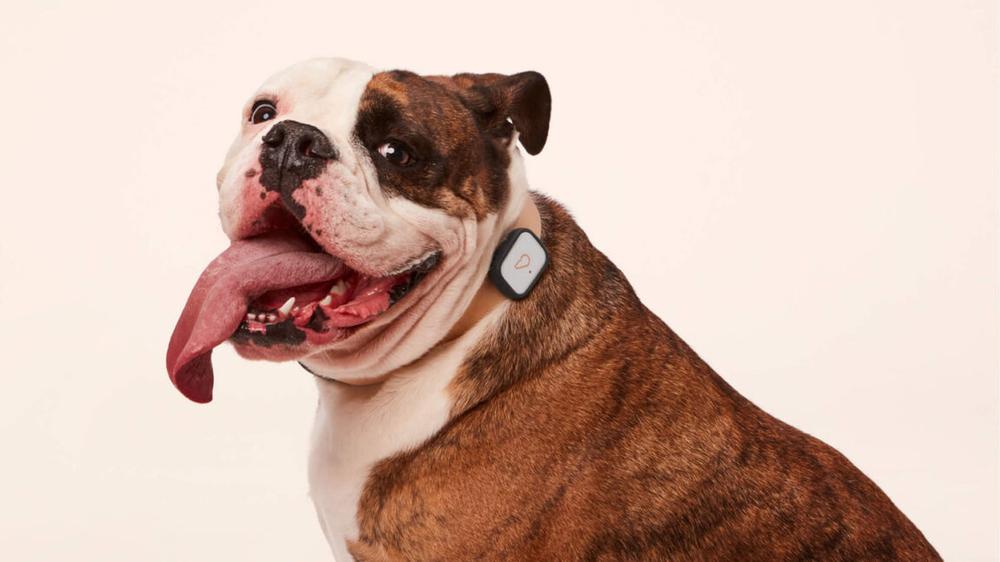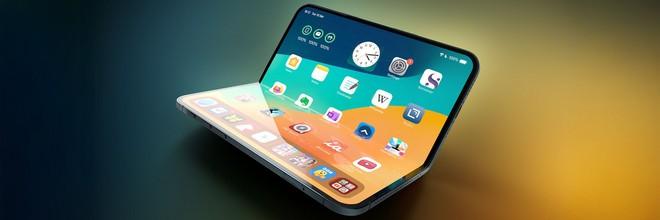Whistle pet trackers are headed to the Internet of Things (IoT) graveyard. After releasing its first product in 2013, the Seattle-based Whistle has just been acquired by a competitor that has decided to brick all of Whistle's smart GPS and activity monitors.
Tractive, an Austrian company that has also been selling Internet-connected GPS trackers for pets since 2013, on Monday announced its acquisition of Whistle from Mars Petcare, as spotted by The Verge. Mars Petcare is the pet food subsidiary of Mars Inc (which also makes candies like M&M’s), and it acquired Whistle in 2016 for $117 million.
Tractive bought Whistle to expand its business in the US. Until September 30, Whistle owners can get Tractive devices to replace the Whistle trackers that Tractive is bricking. People currently paying for a Whistle subscription will see their subscriptions transferred to their new Tractive device. People with a Whistle device but no subscription must “pay for a Tractive subscription” in order to get a replacement device, Tractive’s website says. Tractive subscriptions start at $108 per year.
Despite buying Whistle’s technology, Tractive says it would be too difficult to run both its own and Whistle’s platforms. Its website reads:
… maintaining and developing two separate ecosystems—devices, apps, and software—doubles the complexity and could limit the quality of service and innovation.
By unifying efforts under a single, powerful technology platform, Tractive can deliver new features and improvements faster, more reliably, and with greater impact for all users—including former Whistle customers.
Tractive devices have some features that Whistle products lack, such as resting heart rate and respiratory rate monitoring. Some Whistle users still aren’t sold on the switch, though, because Tractive devices don’t have all the features that Whistle’s product line has, including the Health 2.0 Smart Device’s efforts to track pets’ licking, scratching, eating, drinking, and sleeping.
A user who said they relied on those features explained the loss on Reddit:
The reason this is so important to me is my dog has pretty bad seasonal allergies. I work during the day, and I don't get to see her behavior all the time. I check the app and when I notice licking and scratching increases, that's a sign I need to give her some allergy meds and monitor her more closely for a while. It's very handy, so to lose that sucks.
Whistle warranties are also void and device data will be lost. Data won’t be transferred to the replacement Tractive devices because “Whistle uses different algorithms that would not be compatible with Tractive’s systems,” Tractive says.
From tracker to trash
Perhaps the saddest thing about Whistle trackers getting bricked—in addition to people's $70-to-$150 purchases becoming useless—is that thousands of GPS trackers and monitors will morph into e-waste in about a month. It’s unclear how many Whistle trackers remain active as of this writing, but in 2015, Forbes reported that Whistle had 100,000 active devices.
It's possible that Tractive will incorporate some of the technologies that it purchased through Whistle into its own products for ultimately improved tracking and monitoring. But the most immediate effect of this acquisition, for which financial terms weren’t disclosed, is Tractive eliminating a competitor by sacrificing thousands of people’s devices.
Come August 31, Whistle devices will sit despondently alongside a long roster of formerly connected devices whose creators failed to deliver on the promises of the IoT boom. The US PIRG Education Fund estimates that “a minimum of 130 million pounds of electronic waste has been created by expired software and canceled cloud services since 2014.” As more IoT companies fail and fold into each other, the trail of e-waste and disappointed owners lengthens, heightening calls for connected device makers to assume greater responsibility, improve strategic planning, and support open technologies when possible—especially when the alternative is bricking people’s property.

 iPhone pieghevole, anche per JP Morgan arriverà a settembre 2026
iPhone pieghevole, anche per JP Morgan arriverà a settembre 2026